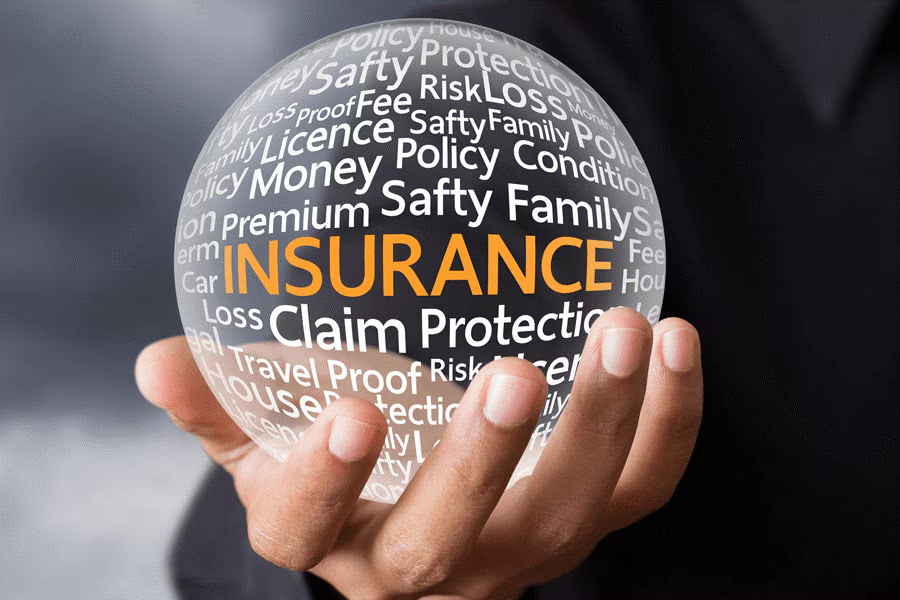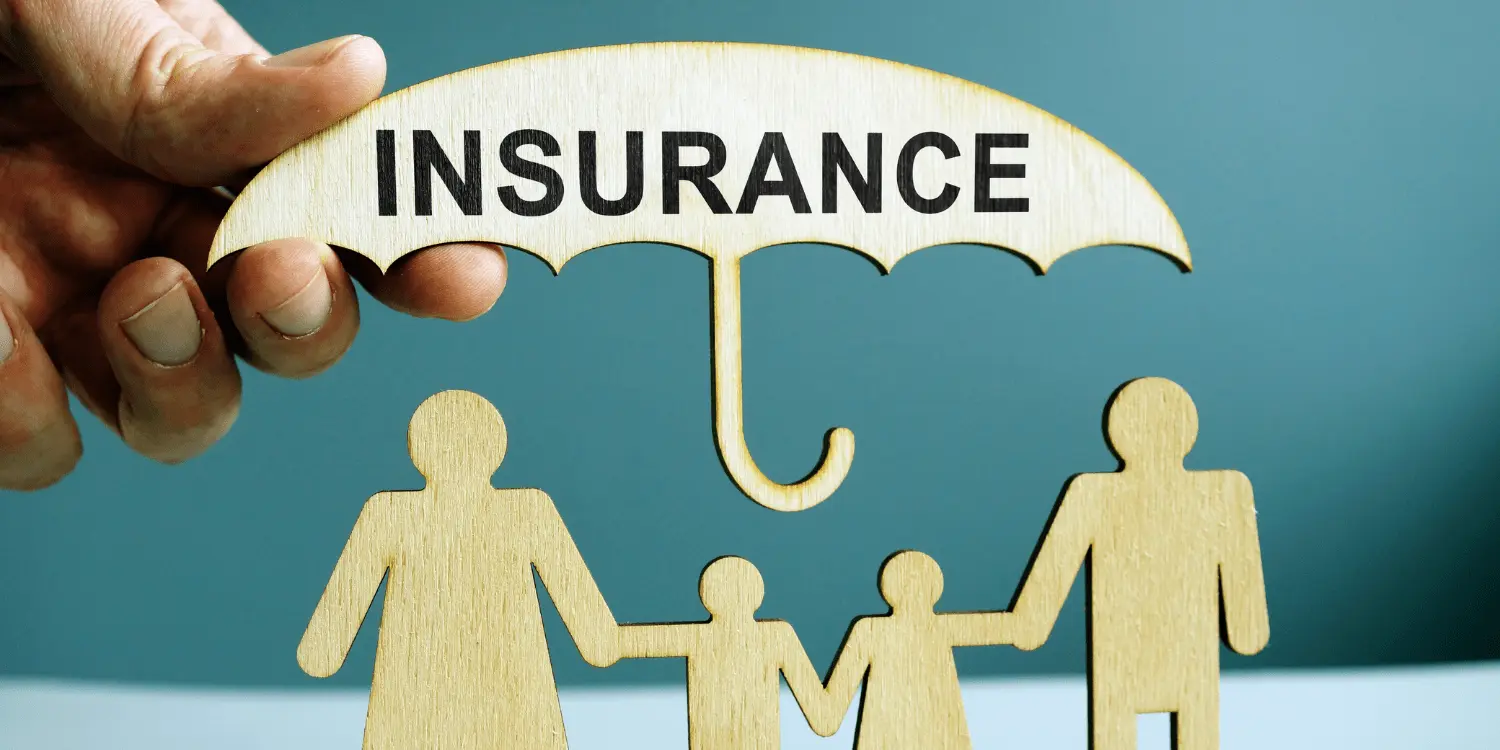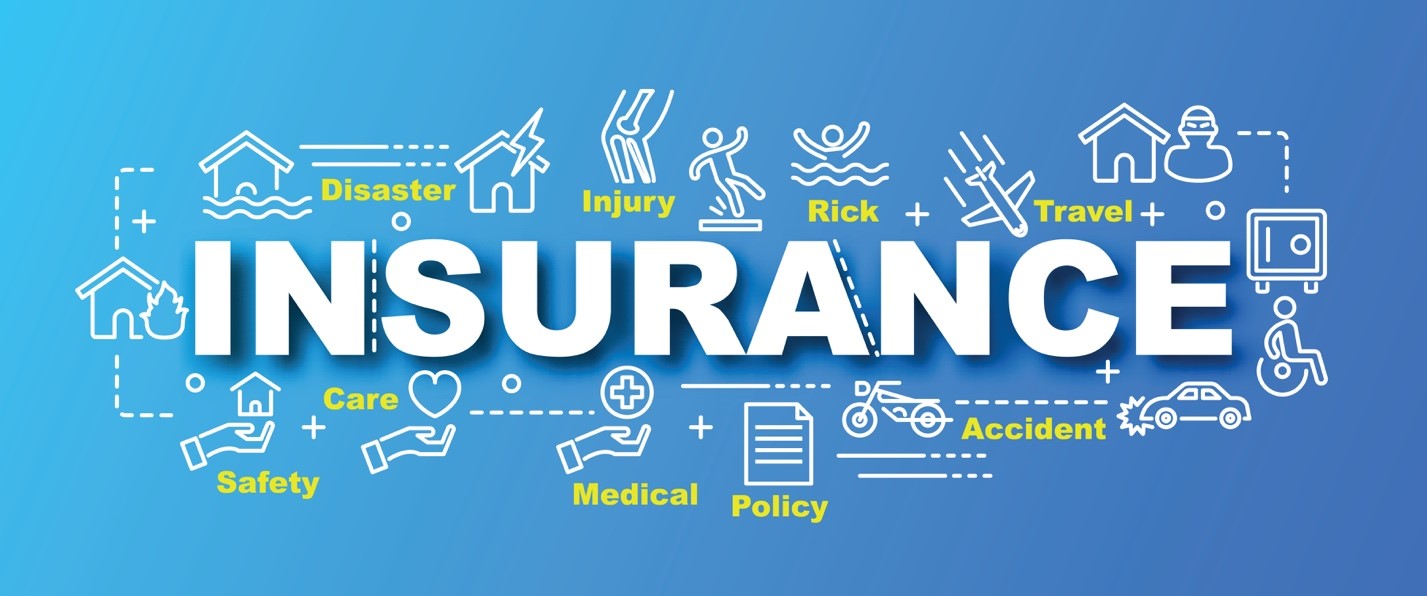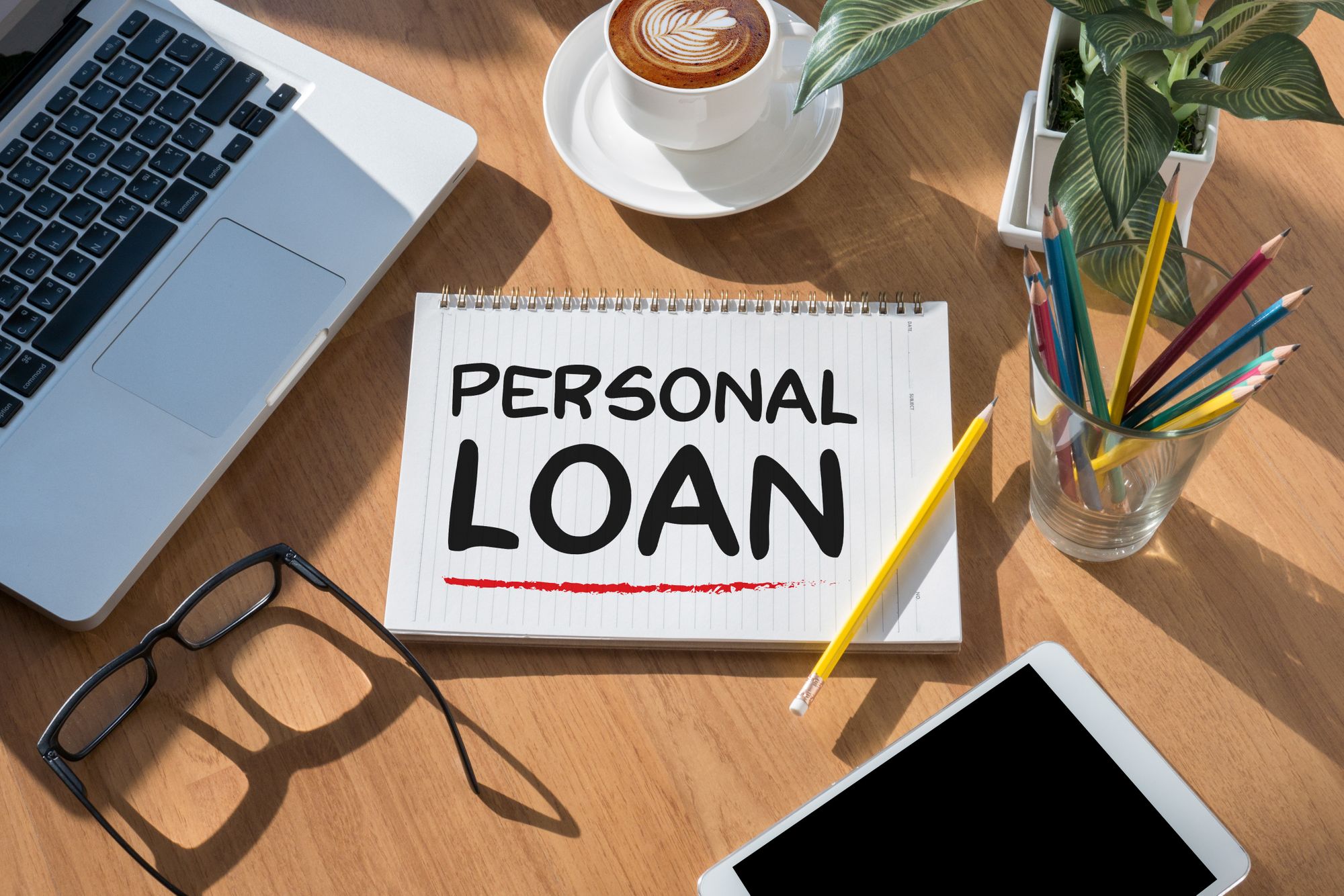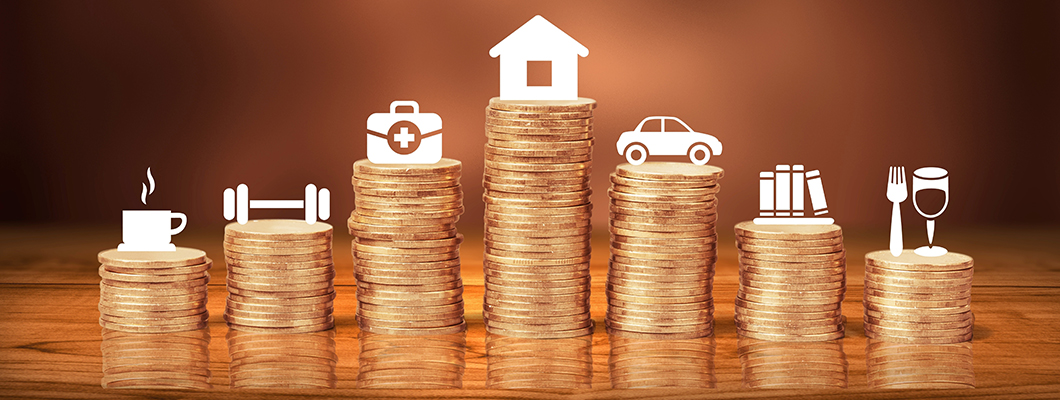Insurance auto auctions present a unique opportunity for savvy buyers to acquire vehicles at prices often below market value. However, navigating these auctions requires careful consideration, research, and an understanding of the associated risks and benefits. This comprehensive guide delves into the intricacies of insurance auto auctions, providing insights to help you determine if you can truly secure a good deal.
Key Takeaways
- Due Diligence is Crucial: Thoroughly research vehicles, auction terms, and associated costs before participating.
- Understand Title Implications: Be aware of how salvage and rebuilt titles can affect insurance and resale value.
- Budget Wisely: Account for all potential expenses, including repairs, transportation, and fees.
- Inspect When Possible: Attend in-person auctions to assess vehicle condition firsthand.
- Consider Your Skills and Resources: Ensure you have the necessary capabilities to repair and restore vehicles if planning to resell.
Understanding Insurance Auto Auctions

Insurance auto auctions are platforms where vehicles that have been deemed a total loss by insurance companies are sold. These vehicles may have sustained damage due to accidents, natural disasters, or other incidents. The primary goal of these auctions is to recover the remaining value of the vehicle for the insurance company.
Types of Vehicles Available
The inventory at insurance auto auctions is diverse and can include:
- Salvage Title Vehicles: Cars that have been significantly damaged and deemed a total loss by the insurance company.
- Rebuilt Title Vehicles: Salvage vehicles that have been repaired and restored to a roadworthy condition.
- Clean Title Vehicles: Cars that have not been involved in significant accidents or damage.
Auction Formats
Insurance auto auctions can be conducted in various formats:
- In-Person Auctions: Traditional live auctions where bidders are present at the auction site.
- Online Auctions: Digital platforms that allow bidders to participate remotely.
- Hybrid Auctions: A combination of both in-person and online bidding.
Evaluating the Potential for a Good Deal

While the allure of purchasing a vehicle at a fraction of its market value is enticing, it’s essential to approach insurance auto auctions with a discerning eye.
Pros of Buying from Insurance Auto Auctions
- Lower Purchase Price: Vehicles at insurance auto auctions are often sold at prices below market value, providing potential savings.
- Diverse Inventory: A wide range of vehicles, including various makes, models, and conditions, increases the chances of finding a suitable option.
- Potential for Profit: Buyers with the skills and resources to repair and restore vehicles can resell them for a profit.
Cons of Buying from Insurance Auto Auctions
- As-Is Sales: Vehicles are sold without warranties, meaning any repairs or issues are the buyer’s responsibility.
- Hidden Damage: Some damage may not be immediately apparent, leading to unexpected repair costs.
- Insurance Challenges: Obtaining insurance for salvage or rebuilt title vehicles can be more difficult and expensive.
- Additional Costs: Fees for bidding, transportation, and repairs can add up, impacting the overall cost-effectiveness of the purchase.
Tips for Securing a Good Deal
| Tip | Description |
|---|---|
| 1. Do Your Research | Investigate the vehicle’s history, including its make, model, age, and potential repair costs. Use tools like Carfax or AutoCheck to check the title history. |
| 2. Set a Budget | Establish a clear budget and stick to it. Factor in additional costs for repairs, transportation, taxes, and auction fees. |
| 3. Inspect the Vehicle | If possible, physically inspect the vehicle before bidding. Look for signs of hidden damage, frame issues, and check for parts that may be difficult or expensive to repair. |
| 4. Understand the Auction Fees | Auction houses typically charge buyer fees (which can range from a few hundred dollars to a percentage of the sale price). Be sure to account for these in your budget. |
| 5. Attend Pre-Auction Inspections | Some auctions offer pre-auction inspections or allow you to view vehicles before the bidding starts. Take advantage of these opportunities to evaluate the cars. |
To maximize your chances of obtaining a good deal at an insurance auto auction, consider the following strategies:
- Conduct Thorough Research: Familiarize yourself with the auction process, vehicle history reports, and market values.
- Set a Budget: Determine your maximum bid, accounting for potential repair costs and additional fees.
- Inspect Vehicles When Possible: Attend in-person auctions to assess the condition of vehicles firsthand.
- Understand Title Status: Be aware of the implications of salvage and rebuilt titles on insurance and resale value.
- Factor in Additional Costs: Consider transportation, registration, and repair expenses when evaluating potential deals.
The Appeal of Insurance Auto Auctions
The primary appeal of purchasing from an insurance auto auction is the potential to find vehicles at deeply discounted prices. Since the vehicles are typically damaged or salvaged, they’re often sold for less than their market value. For example:
- A car with minor collision damage might be available for a fraction of its pre-accident value.
- Vehicles that are declared total losses might have major issues, but can sometimes be restored or parted out for a profit.
- Salvage or rebuilt vehicles may be priced much lower than comparable models in good condition.
This can be especially attractive to buyers who are skilled in car repairs or are looking for specific parts for a project car. If you’re in the market for a fixer-upper or a source of spare parts, insurance auto auctions can be a goldmine.
The Risks Involved
While the deals can be enticing, there are several risks involved with buying from an insurance auto auction:
- Unknown Damage: Often, you’ll be purchasing the car “as-is,” meaning you’re taking it with all its flaws. The damage might not be immediately visible, such as structural issues or hidden mechanical problems, which could be costly to repair.
- Limited Inspection: Unlike buying from a dealership, you typically can’t test-drive the vehicle or thoroughly inspect it. Some auction houses may provide an inspection report, but these aren’t always comprehensive, and you may not have the opportunity to fully check the engine, transmission, or other key components.
- Salvage Titles: Many of the vehicles at insurance auto auctions have salvage titles, meaning they’ve been declared a total loss by the insurance company. These vehicles might not be street legal without extensive repairs and could be difficult to insure or resell.
- Hidden Costs: While the initial price might seem like a bargain, there are other hidden costs involved, such as auction fees, repair costs, and transportation. If the vehicle isn’t drivable, you’ll need to pay for towing. Additionally, if you’re not familiar with repairs, hiring a mechanic or restoring the car can quickly add up.
Getting a Good Deal
The key to getting a good deal at an insurance auto auction is knowing what you’re looking for, doing your research, and being prepared for the realities of repairing a damaged vehicle.
- Know What You’re Buying: Be realistic about the condition of the car. Understand that many vehicles at insurance auctions are not road-ready and will require significant repair work. If you are purchasing for parts or as a project car, make sure the price makes sense for the work involved.
- Set a Budget: Establish a clear budget that includes not only the auction price but also the cost of repairs, registration, taxes, and any other associated fees. Don’t get caught up in the bidding excitement, and ensure you stay within your set limits.
- Do Thorough Research: If you can, gather as much information as possible about the car’s history, including accident reports, title status, and mechanical condition. Auction houses may provide limited information, but services like Carfax or AutoCheck can give you insights into the vehicle’s background.
- Be Prepared for Repairs: If you’re considering buying a damaged vehicle to repair, it’s crucial to have a solid understanding of what repairs are needed and whether you can handle them. If not, hiring a professional mechanic or body shop might make the deal less of a bargain.
- Focus on Vehicles with Clear Titles: While salvage vehicles are often the most affordable, they come with their own challenges. If you’re new to auctions, start by looking for vehicles with clean or rebuilt titles, as these are often easier to insure and register.
Also Read: What Should You Know Before Buying from an Insurance Auto Auction?
Conclusion
Yes, you can get a good deal at an insurance auto auction—but it depends on your knowledge, preparation, and risk tolerance. These auctions can offer vehicles at significantly reduced prices, especially if you’re looking for a project car or are in the auto repair business. However, many vehicles are sold “as-is,” often with hidden damage or salvage titles, so doing thorough research, setting a firm budget, and understanding auction fees and local title laws are crucial. For savvy buyers who know what to look for, insurance auto auctions can be a goldmine. For others, they can be a costly gamble.
FAQs
- What is a salvage title vehicle?
- A salvage title vehicle has been deemed a total loss by an insurance company due to significant damage. These vehicles can often be repaired and restored but may have lower resale value and insurance challenges.
- Can I insure a salvage title vehicle?
- Insuring a salvage title vehicle can be more challenging. Some insurance companies may offer limited coverage, while others may not provide coverage at all. It’s essential to check with your insurer before purchasing.
- Are online insurance auto auctions reliable?
- Online auctions can be reliable, but it’s crucial to use reputable platforms and conduct thorough research on the vehicles and auction terms.
- Do I need a dealer’s license to participate in an insurance auto auction?
- Some insurance auto auctions are open to the public, while others may require a dealer’s license. Check the specific requirements of the auction you’re interested in.
- What are the typical fees associated with insurance auto auctions?
- Fees can include buyer’s premiums, registration fees, transportation costs, and repair expenses. These can vary depending on the auction and location.
- How can I determine the market value of a vehicle at auction?
- Utilize resources like Kelley Blue Book or Edmunds to research the market value of similar vehicles.
- Is it possible to profit from buying and reselling auction vehicles?
- Yes, with the necessary skills and resources to repair and restore vehicles, buying and reselling can be profitable. However, it’s essential to accurately assess repair costs and potential resale value.

